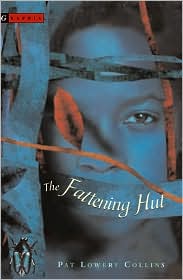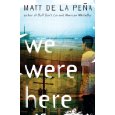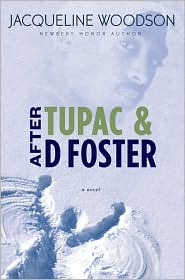The Fattening Hut
Pat Lowery Collins’ The Fattening Hut is a lyrical novel, told in vivid and eloquent free verse, that hauntingly explores the ramifications of a ceremonial rite of passage in a tropical island culture. Our narrator, a smart, imaginative and free-spirited girl named Helen, is in her father’s fattening hut. The fattening hut is where all early-teen girls of the tribe go to put on a lot of weight in preparation for their arranged marriages. Helen prefers her own way to live – exploring the island with her childhood friend, being free to run and play and explore – and she doesn’t believe she’s ready to be marriedRead More →




